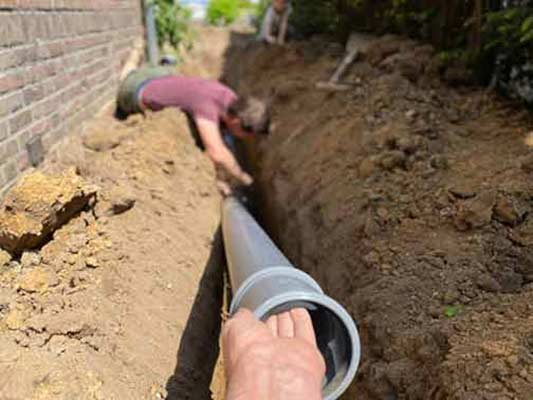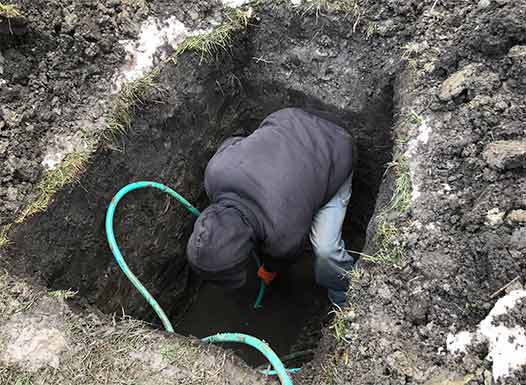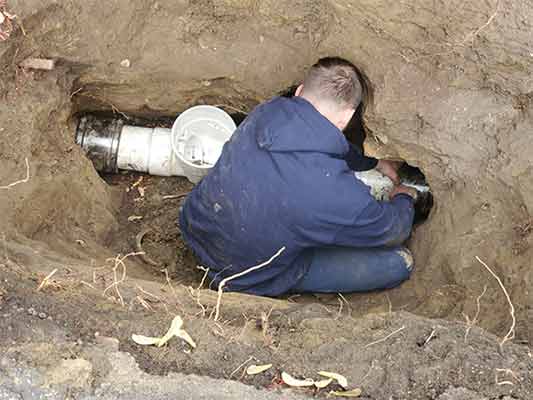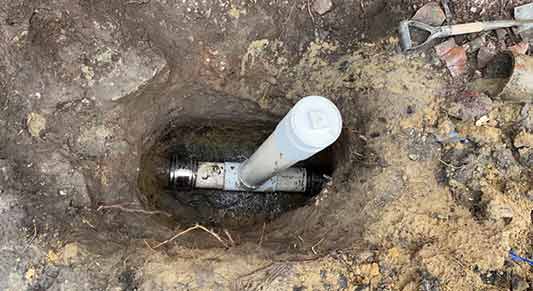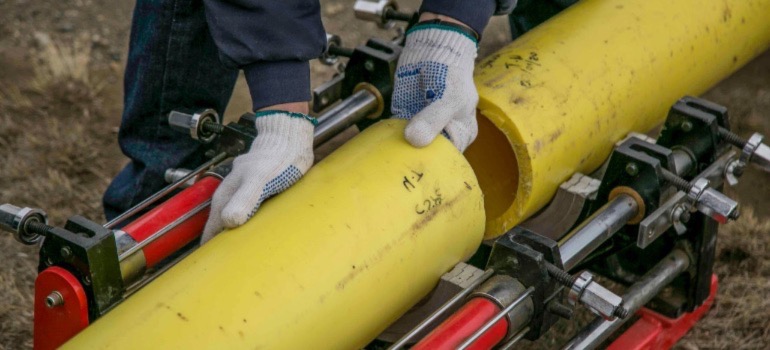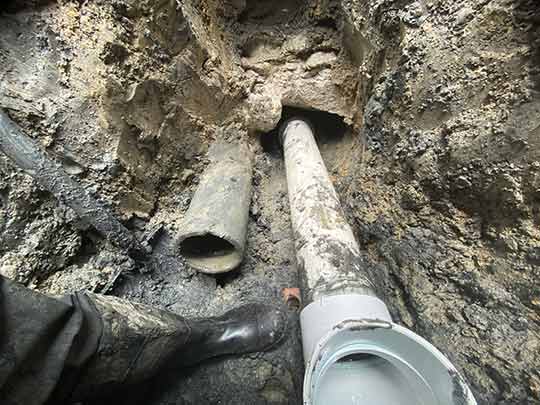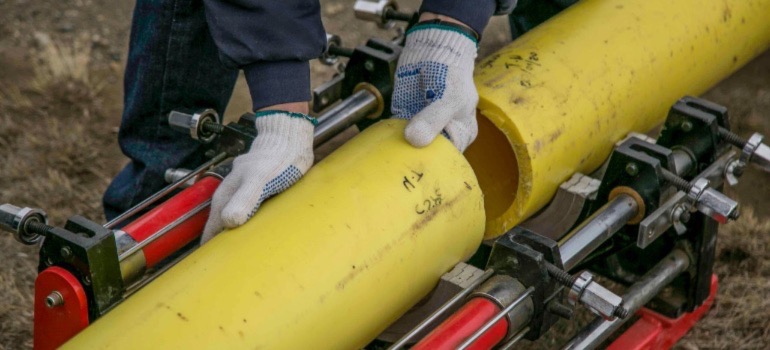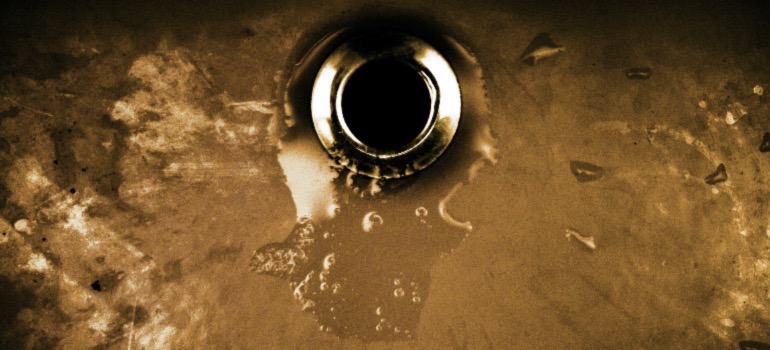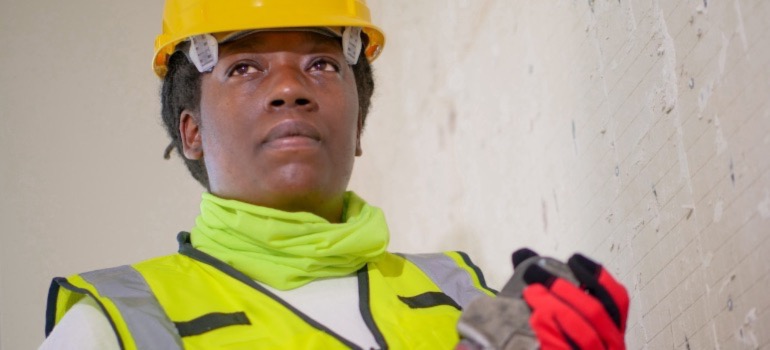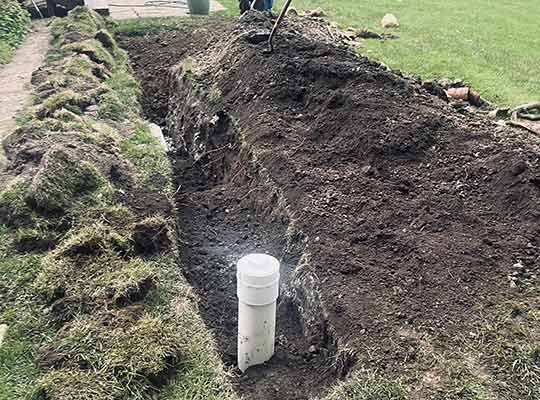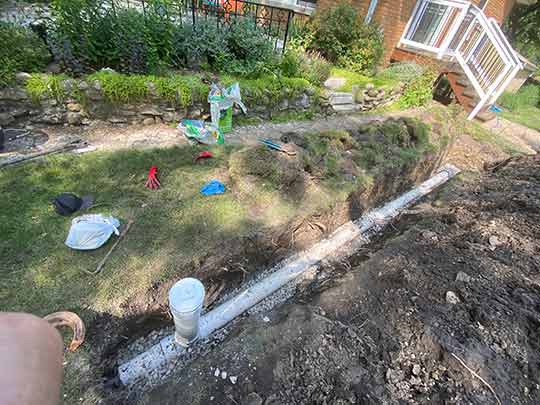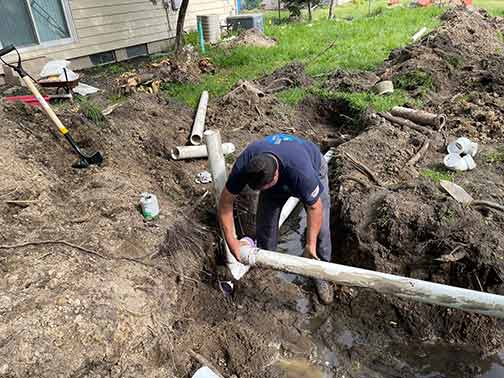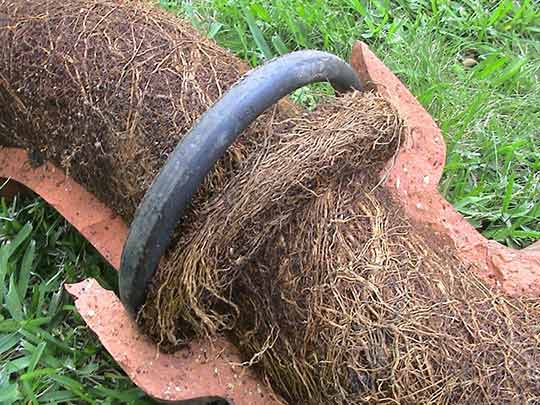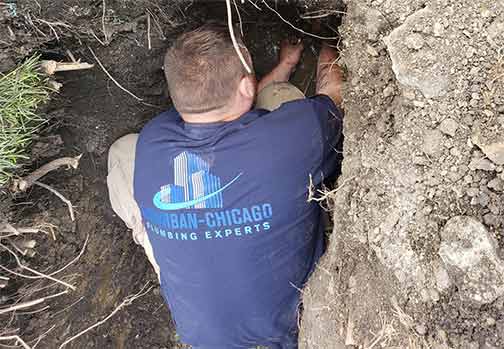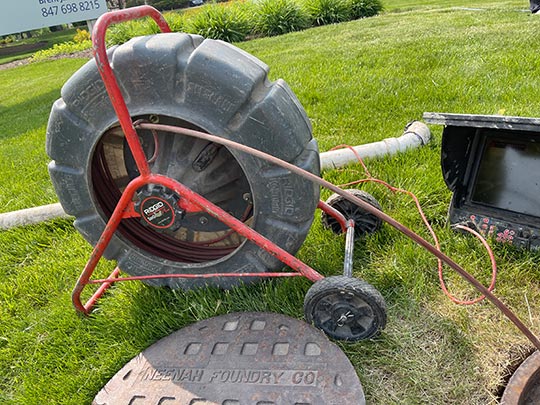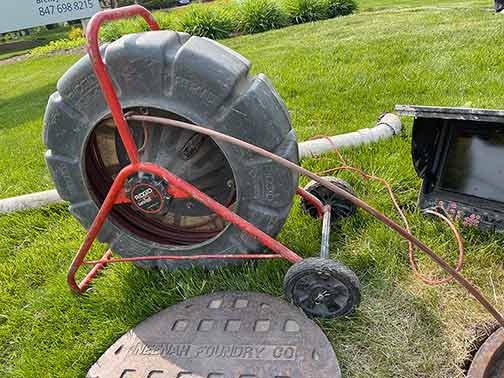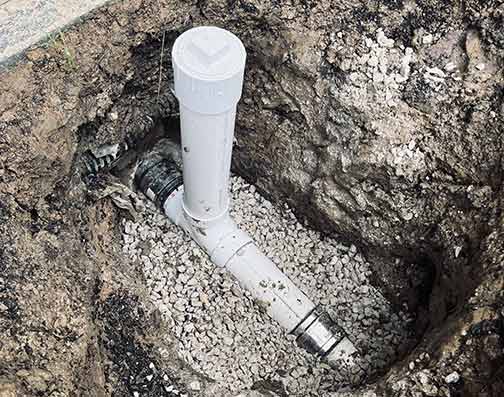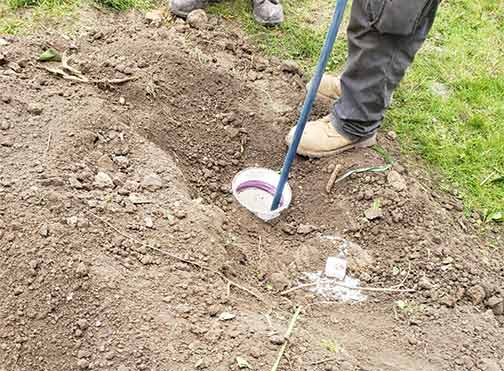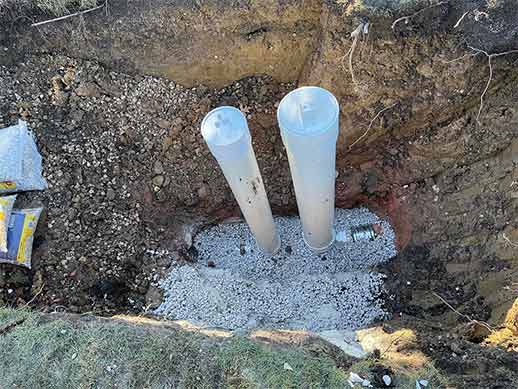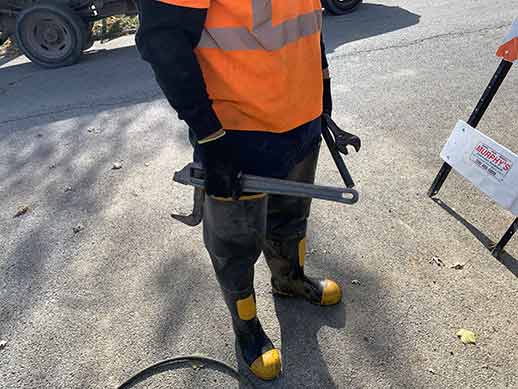Replacing a broken sewer line is an essential and often unavoidable task for homeowners. A broken sewer line can cause significant damage and inconvenience, leading to foul odors, sewage backup, and even potential health hazards. It is crucial to address this issue promptly to restore the proper functioning of your home’s plumbing system. However, many homeowners are often concerned about the cost involved in replacing a broken sewer line. Below we get into the factors that influence the cost of replacing a broken sewer line and provide you with a general understanding of the expenses you might expect to incur.
Factors Affecting the Cost
Several factors come into play when determining the cost of replacing a broken sewer line. These factors may include:
Length and Depth of the Sewer Line
The length and depth of your sewer line play a significant role in determining the overall cost of replacement. Longer and deeper sewer lines require more materials and labor, resulting in higher expenses. Additionally, if your sewer line runs beneath structures such as driveways or landscaping, it may require additional excavation, which can further increase the cost.
Type of Pipe Material
The type of pipe material used for the replacement also impacts the cost. Various materials, such as PVC, clay, or cast iron, are commonly used for sewer line replacements. Each material has its own price range, with PVC generally being the most affordable option and cast iron being the most expensive. The choice of material depends on factors such as durability, local building codes, and budget.
Access Points and Obstacles
The accessibility of the broken sewer line and any potential obstacles can affect the cost of replacement. If the sewer line is easily accessible, it reduces the need for extensive excavation or removal of obstacles such as trees or concrete structures. On the other hand, if the line is located in an area with limited access, additional time and effort may be required, resulting in higher costs.
Permits and Regulatory Requirements
Depending on your location, permits and regulatory requirements may add to the overall cost of replacing a broken sewer line. Some areas have specific regulations concerning inspections, permits, and adherence to certain standards during sewer line replacement. It is crucial to speak with your local authorities to ensure compliance with these requirements and factor in any associated costs.
Hiring Professional Services
The choice of hiring professional services also contributes to the cost of replacing a broken sewer line. While some homeowners may attempt a DIY approach, it is often recommended to hire experienced professionals for such tasks. Professional plumbers or sewer line service specialists possess the necessary expertise, tools, and equipment required to ensure a successful and efficient replacement. However, their services come with an associated cost that should be considered when budgeting for the project.
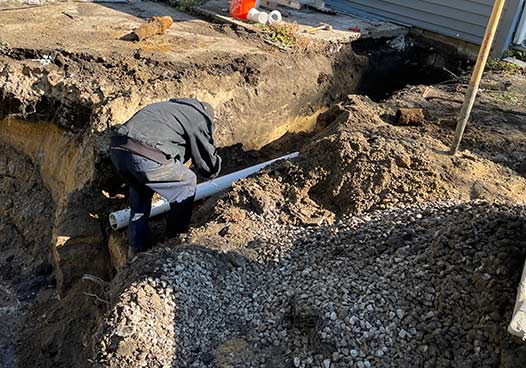
While some homeowners may attempt a DIY approach, it is often recommended to hire experienced professionals for such tasks.
Cost Breakdown
It is important to note that the cost of replacing a broken sewer line can vary significantly depending on the aforementioned factors. However, to provide you with a general idea, we have compiled a rough cost breakdown:
Materials
The material costs for a sewer line replacement typically range from $50 to $250 per linear foot. This estimate includes the cost of the pipe material itself, as well as any fittings, joints, or connectors required.
Labor
The cost of labor varies depending on the complexity of the project, location, and specific requirements. On average, labor expenses can range from $50 to $200 per hour. The total labor cost typically takes into account excavation, removal of the old pipe, installation of the new pipe, and any necessary backfilling or compaction.
Additional Costs
There are several additional costs to consider when budgeting for a sewer line replacement:
- Permit fees: These fees can range from $100 to $500, depending on your location and specific requirements.
- Inspection costs: You may need to hire a professional inspector to assess the newly installed sewer line, and their fees typically range from $150 to $500.
- Restoration expenses: After the replacement, you may need to repair or restore any landscaping, driveways, or structures that were impacted during the process. The cost of restoration varies depending on the extent of the damage.
Total Cost Estimate
Based on the factors mentioned above, the total cost of replacing a broken sewer line can range from $2,500 to $10,000 or more. It is crucial to obtain quotes from reputable plumbers in your area to determine the most accurate estimate for your specific situation.
In Summary
Replacing a broken sewer line is a significant undertaking that requires careful consideration of various factors. While the cost may seem daunting, it is essential to address a broken sewer line promptly to prevent further damage and potential health hazards. By understanding the factors that influence the cost and obtaining multiple quotes from professionals, you can budget accordingly and ensure the smooth replacement of your sewer line. Remember to speak with local authorities, adhere to regulatory requirements, and hire experienced professionals to ensure a successful and durable replacement.
